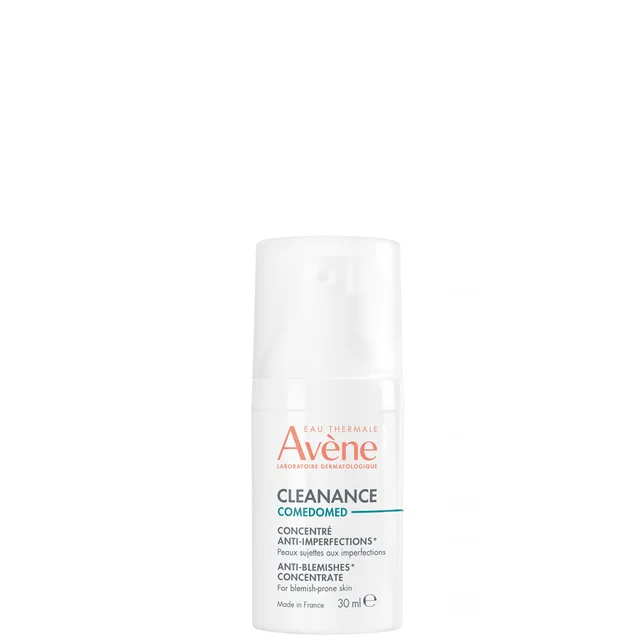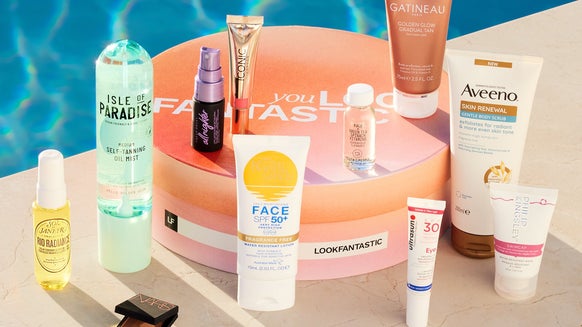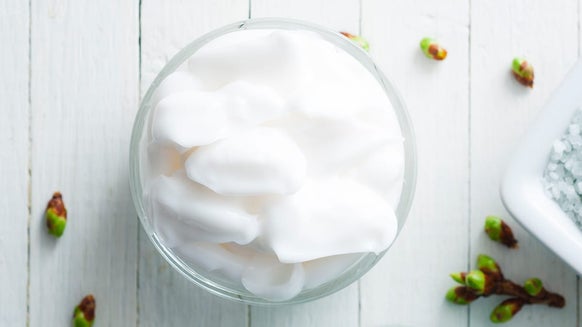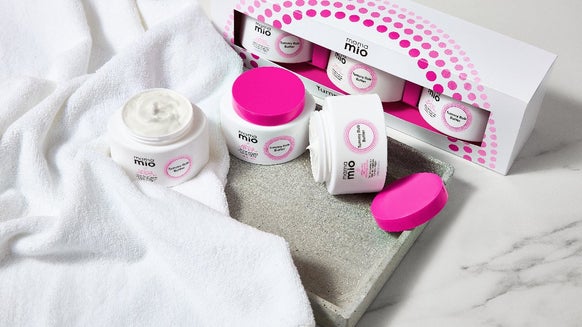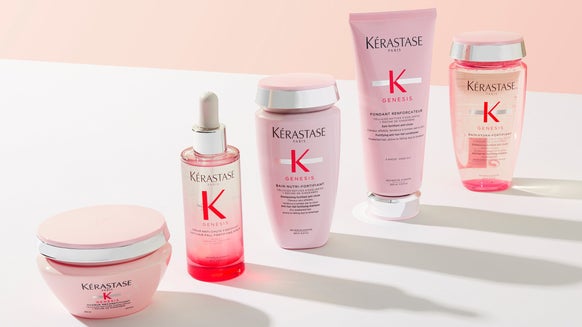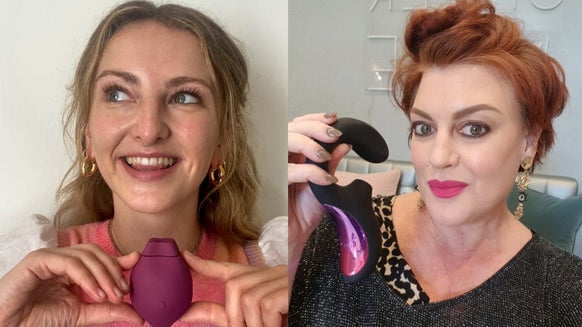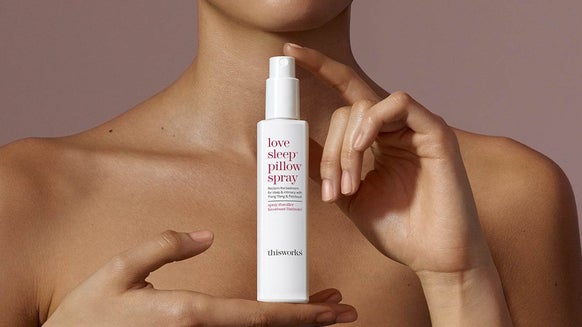What type of acne do I have and how should I treat it?

Acne is a very common skin condition that will affect most people at some point in their lives. From blackheads to cystic acne, it unfortunately comes in all shapes and sizes, but in most cases can be easily treated. However, the type of acne you have will depend on the type of treatment and ingredients you need to clear it up. Want to know more? We caught up with the experts at Avene who shared with us the types of acne, causes of each and the best ingredients to banish them.
What are the different types of Acne?
Acne is the general term that people use when they get spots, blemishes and bumps under the skin. Essentially, they are blocked pores that flare up due to excessive oil production, trapped dead skin cells, bacteria and hormones.
There are 6 main types of blemishes:
- Whiteheads – These are closed blocked comedones, meaning the top of the pore closes and looks like a small white or yellow bump.
- Blackheads- These are open comedones, very similar to whiteheads but the blocked pore stays open and exposure to the air causes them to be black or dark in appearance.
- Papules –Are small raised red inflamed spots.
- Pustules – Similar to but slightly larger than papules and can be painful.
- Nodules – These are large hard bumps underneath the skin, they can be very painful and scaring is often involved.
- Cysts – These develop deep underneath the skin and are the most severe form of Acne. They are fluid filled nodules.
What causes each type of acne?
There are lots of myths about the causes of acne, however some include stress, hormones and general hygiene. If you notice a flare up, we recommend you first follow a good balanced healthy diet along with plenty of exercise to help flush out toxins. Let’s look at each of the types of blemishes and the physical reasons for their cause.
- Whiteheads –The pore gets blocked with sebum or dead skin cells and it then closes with them trapped inside.
- Blackheads- The pore again is blocked with sebum and dead skin cells and it stays open and is exposed to the air which causes them to be black or dark in appearance.
- Papules – The pores become blocked with bacteria. Our bodies produce white blood cells which fight infection and the inflammatory response causes them to be inflamed.
- Pustules –The pore is blocked with oil, dead skin cells and bacteria and it can fill with puss that we produce in response to it.
- Nodules – If the walls of the pore starts to breakdown then the bacteria and oil go deeper into the skin and can affect other pores close by.
- Cysts –A severe inflammatory reaction occurs in the pore which causes fluid filled nodules much deeper in the skin.
What are the best treatments for acne?
You should always start with a simple skincare routine suited for an oily and blemish prone complexion. Dermo-cosmetic skincare products are the perfect solution backed by science to address the needs of the skin. Ideally you should use a consistent skincare routine for at least 3 months to see the full benefit.
You should always start off with a gentle cleanser so it doesn’t aggravate your skin. The Avene Cleanance soapless gel cleanser is designed specifically for oily skin with very mild cleansing agents to clean your surface without stripping it of essential oils. It also helps to remove impurities and make-up whilst reducing excess sebum leaving skin refreshed and mattified. Even oily complexions need to be moisturised as it will help to protect the skin and help retain water. Just make sure your moisturiser is adapted for oily skin then it will not increase the oil on the skins surface, also make sure it is non comedogenic! We recommend using the Avene Cleanance Comedomed concentrated moisturiser enriched with Comedoclastin, a patented active derivative of milk thistle that works to moisturise, regulate excess sebum, reduce blemishes and limit their reappearance. Studies showed that participants has 90% clearer skin after a week*. After two months of use, the moisturiser encourages a 45% reduction in blemishes** compared with when the cream is not applied. - If skin is still congested with whiteheads and blackheads then Retinoids can be good for helping to unclog pores. Avene Triacneal can be used at night with Retinaldehyde to boost your routine and also help reduce the appearance of acne scars. Alternatively, Salicylic Acid a Beta Hydroxy Acid is good to help unclog pores.
- If you have seen no improvement after 3 months, then we always recommend seeing a Dermatologist or a GP for advice, however it is still important to keep a consistent skincare routine even if a healthcare professional recommends medication to help out.
Want to refresh your skincare routine? Shop all blemish busting products from Avene at LOOKFANTASTIC.
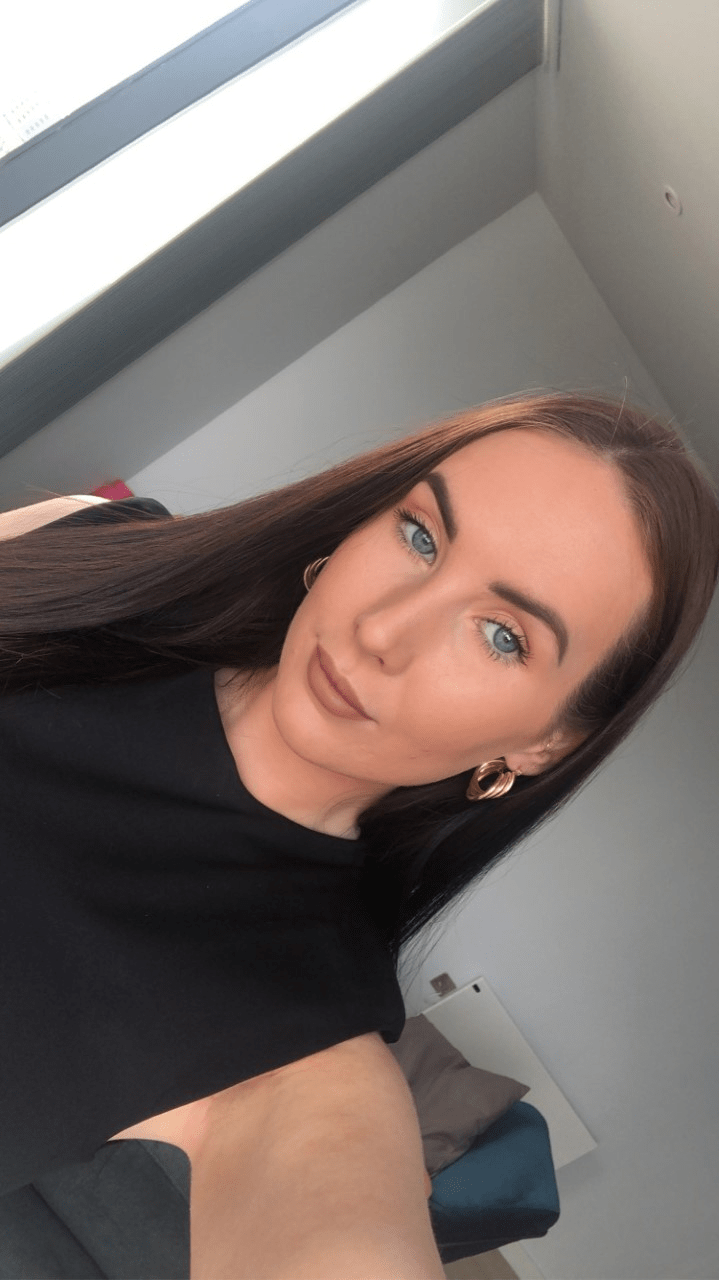
As a beauty fanatic I'm always on the lookout to try and experiment with new products! I’ve been writing about everything beauty for over 3 years and specialise in skincare so have plenty of tips and tricks to help put blemishes at bay and get your complexion glowing. Whilst being a content writer at LOOKFANTASTIC I’ve had the opportunity to collaborate with incredible brands including Tom Ford, Dolce & Gabbana and La Mer, taking my understanding of the industry to the next level. In the past I’ve been a freelance makeup artist and have collaborated with brands including NYX and Revolution Beauty on a personal level, sharing my makeup creations for the world to see. My ride or die brands have to be PIXI, Laura Mercier and Bobbi Brown and I can’t live without my trusty MAC Velvet Teddy!

